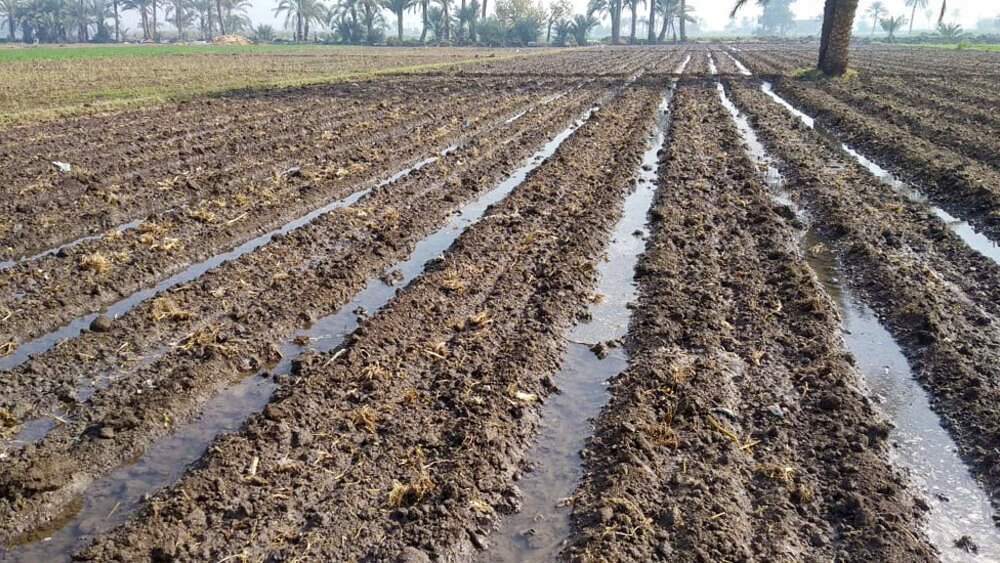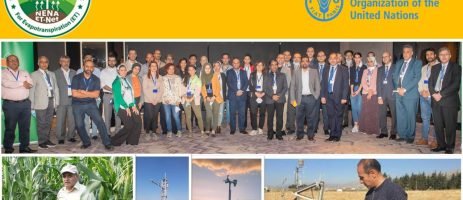Thirst to Thrive: Climate-Smart Water Solutions
Water scarcity is a critical agricultural issue in vulnerable regions such as in Central and West Asia and North Africa (CWANA), and the Middle East. The climate emergency is driving erratic weather patterns from more frequent and prolonged periods of drought to extreme heat, to sudden, intense flooding.
Exponential population growth drives water demand at a rate that is outpacing supply while poor soil health resulting from unsustainable agricultural practices significantly reduces its productivity.
These complex challenges require an interconnected approach to generate sustainable and resilient agri-food systems that can continue to deliver under the intensifying climate crisis
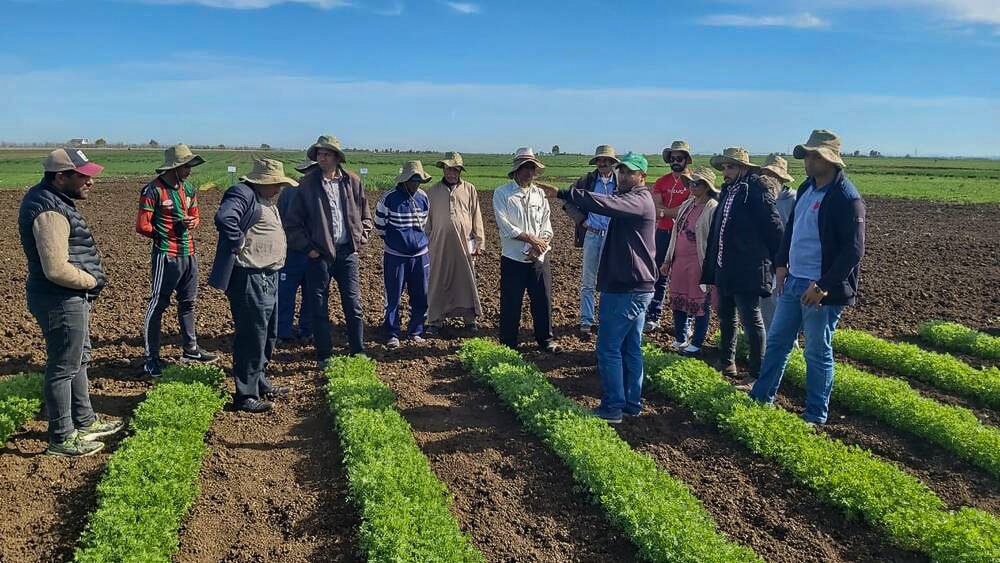
The first approach
Deploy innovative and non-conventional ways to source water, such as using recycled wastewater to irrigate wheat and barley in Egypt. In Jordan we also use harvesting methods to maximize sparse rainfall and reduce flood erosion and soil salinization, while allowing eroded soil organic matter to recover, creating a virtuous cycle that improves soil fertility over time.
The second approach
Including farmers from the outset to identify solutions that work in local contexts and build their capacity to adopt and scale them. ICARDA's zero tillage, conservation agriculture, and raised beds projects sustainably enhance soil in degraded areas and use less precious water. Our diversified crop rotations such as intercropping quinoa during the lentil crop fallow period use less water, replace leached soil nutrients and add an extra, nutritious crop to a farmer's market products to reduce their dependence on a single crop and erratic rainfall.
The third approach
Identify farmers’ exact water needs and help them stay within limits, instead of wasteful practices, such as flood irrigation that uses too much water, and drives soil salination which renders it useless. ICARDA's supplemental irrigation method is one way of using just the right amount of water, saving the rest for a thirsty day.
Beyond the field
We also closely involve farmers in leveraging developments in advanced digitalization, big data analytics, machine learning, and artificial intelligence to design and deliver affordable precision tools previously out of their budget but now saving them on input costs.
While dry regions in the CWANA and Middle East have been so for millennia, the double impact of climate change and population growth is an acute challenge, and time is running out. If the current level of water use continues, there simply will not be enough water to go around.
Governmental agricultural institutions across the region are acting. Morocco has nationwide programs in place to conserve soil and water, while the UAE is working on integrating green energy sources with carefully considered irrigation and protected agriculture. ICARDA, agri-institutions, the communities we serve, and other funding and facilitating partners are working together to research and develop our soil, water, and agronomy innovations within these countrywide programs to make sure solutions are relevant.
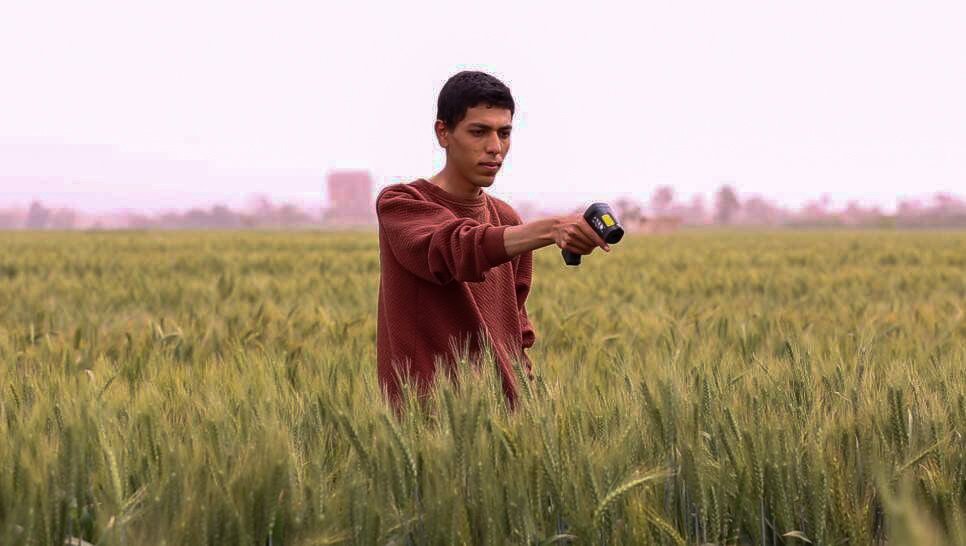
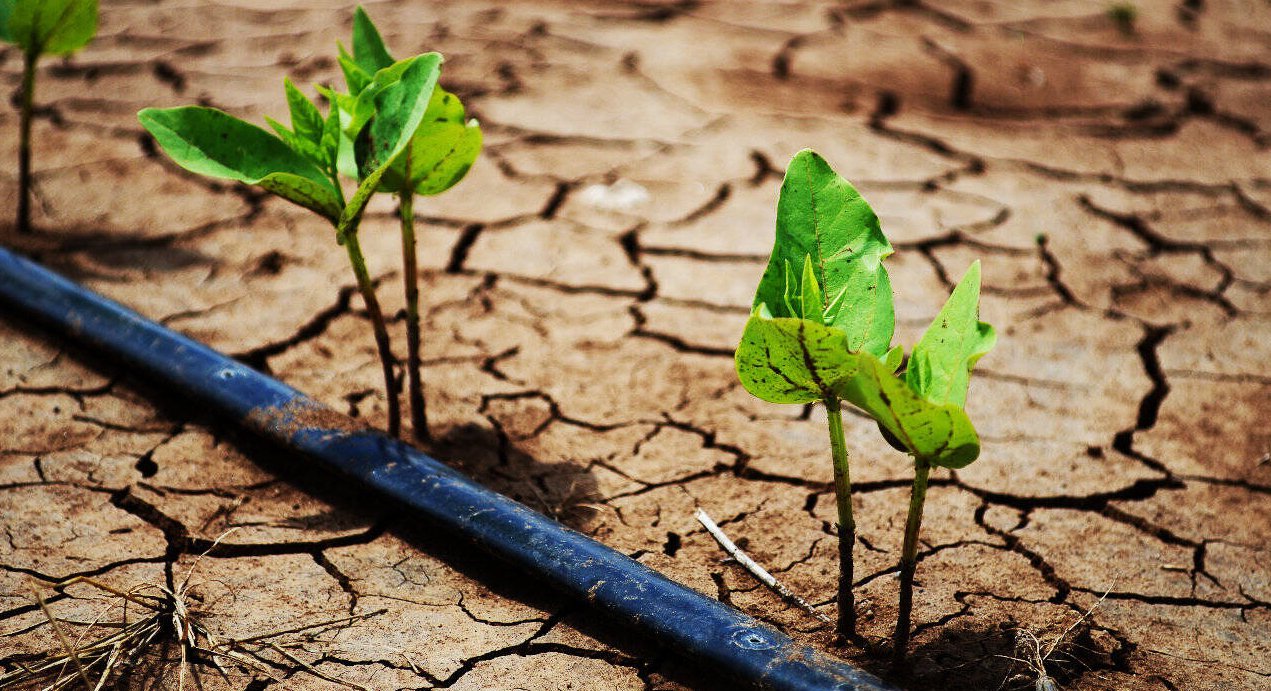
Protecting land with precise water management
The region's challenges and the solutions developed by ICARDA and partners also offer a roadmap for more developed, northern hemisphere countries that see similar and increasing threats to their own water security. The challenges remain formidable but developing and implementing innovative interventions on the ground and a broader stakeholder collaboration must be the first step towards creating sustainable and resilient agri-food systems that deliver more food per drop of water.




